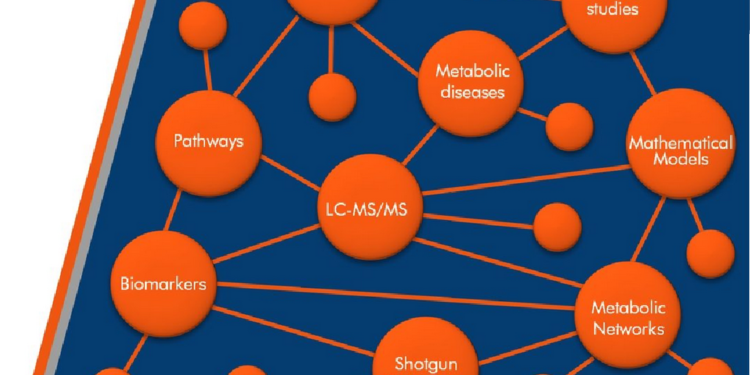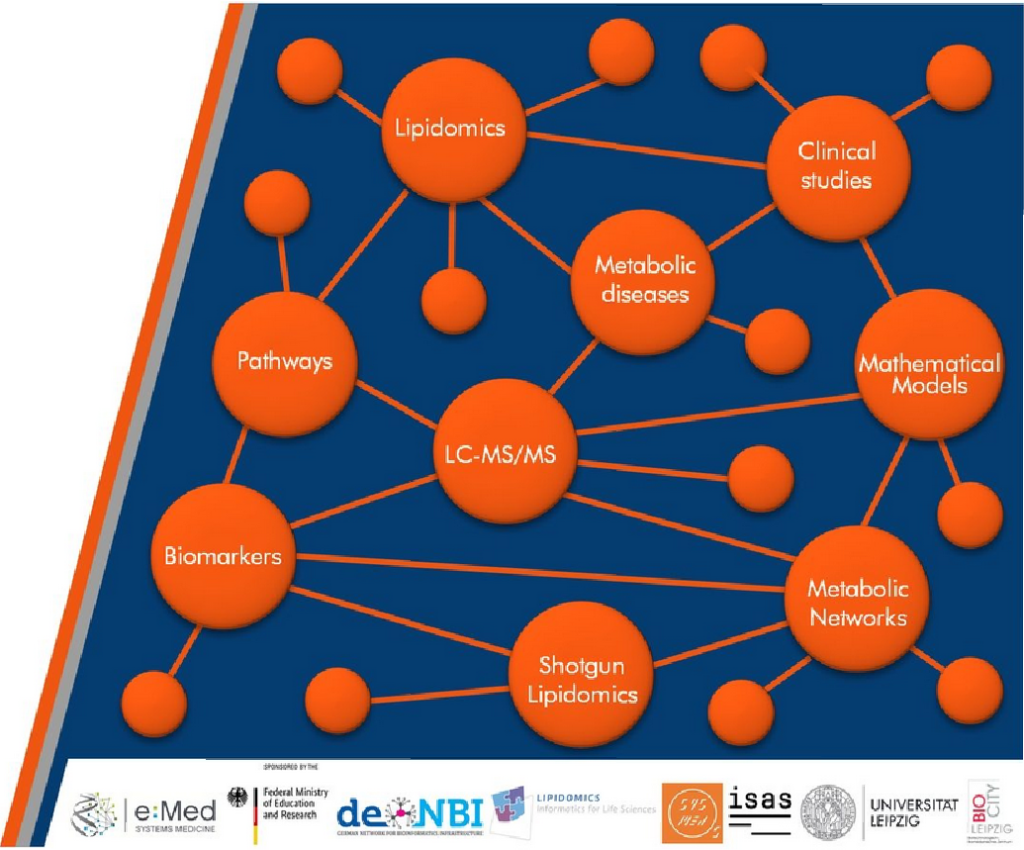

Turning hay into needles: the road to integration of large-scale analytical lipidomics data into biomedical research
Lipidomics studies networks, pathways and interactions of cellular lipids within the biological system.
As a newly emerging discipline and highly interdisciplinary field based on the application of mass spectrometry, analytical chemistry and computational biology, lipidomics is evolving into a promising stepping stone for systems biology research with recent applications in human health and disease.
A rapid increase in the number of measurements, as well as increasing amounts of data per measurement due to higher sensitivity, generate massive data sets that pose a challenge to traditional data analysis and integration.
Similar to other “omics” disciplines, lipidomics is thus facing the “big data trap”, challenging the ways we store and process large amounts of data acquired over time, extracting useful information from it, and moreover, interpreting the data from a systems medicine research perspective.
The bioinformatics team of our lab works on projects (https://lifs.isas.de/) to overcome these challenges and develops computational tools and programs covering the requirements of life science researchers. These tools are first tested internally by our team members who generate the data, and are subsequently optimized and released for general use to the scientific community. Moreover, we also organize and arrange workshops, where our team teaches how to use and implement our programs and tools, helping the user to achieve scientifically meaningful data from their research.
To advertise the newest generation of lipid analysis tools and programs, we hosted the LipoSysMed summer school 2019 in alliance with the research groups of Dr. Maria Fedorova (Institute of Bioanalytical Chemistry) and Dr. Robert Ahrends (Institut für Analytische Wissenschaften – ISAS) in Leipzig / Germany (https://home.uni-leipzig.de/liposysmed/) . For one week, the participants got in touch with the newest computational technologies and attended workshops and tutorials. The rationale for the summer school was to bring practitioners with diverse clinical research backgrounds together to network with the bioinformatics tool developers and their colleagues. At LipoSysMed, we had the opportunity for mutual exchange and to troubleshoot scientific challenges with the tool developers directly, giving us fresh ideas on application-oriented targets and providing us with even more input on user-friendly software development. Overall, we especially set a high value on the constant bilateral communication with clinical staff scientists and tool developers, to increase the usability and functionality of our analysis programs, in order to reduce analysis time and getting most out of very costly clinical samples.
Our message is that just collecting “big data” is meaningless without proper analytics. We are convinced that only with consecutive and routine teaching and support of our fellow researchers, an increasing number of laboratories will introduce and extend their bioinformatics pipelines for the benefit of more insightful, reproducible research.
We design next-generation lipid analysis tools for tailored analytics, enhancing and bringing forward research on topics such as the development of Obesity, Alzheimer disease or insufficiency in blood clotting, which are all highly lipid-dependent.

